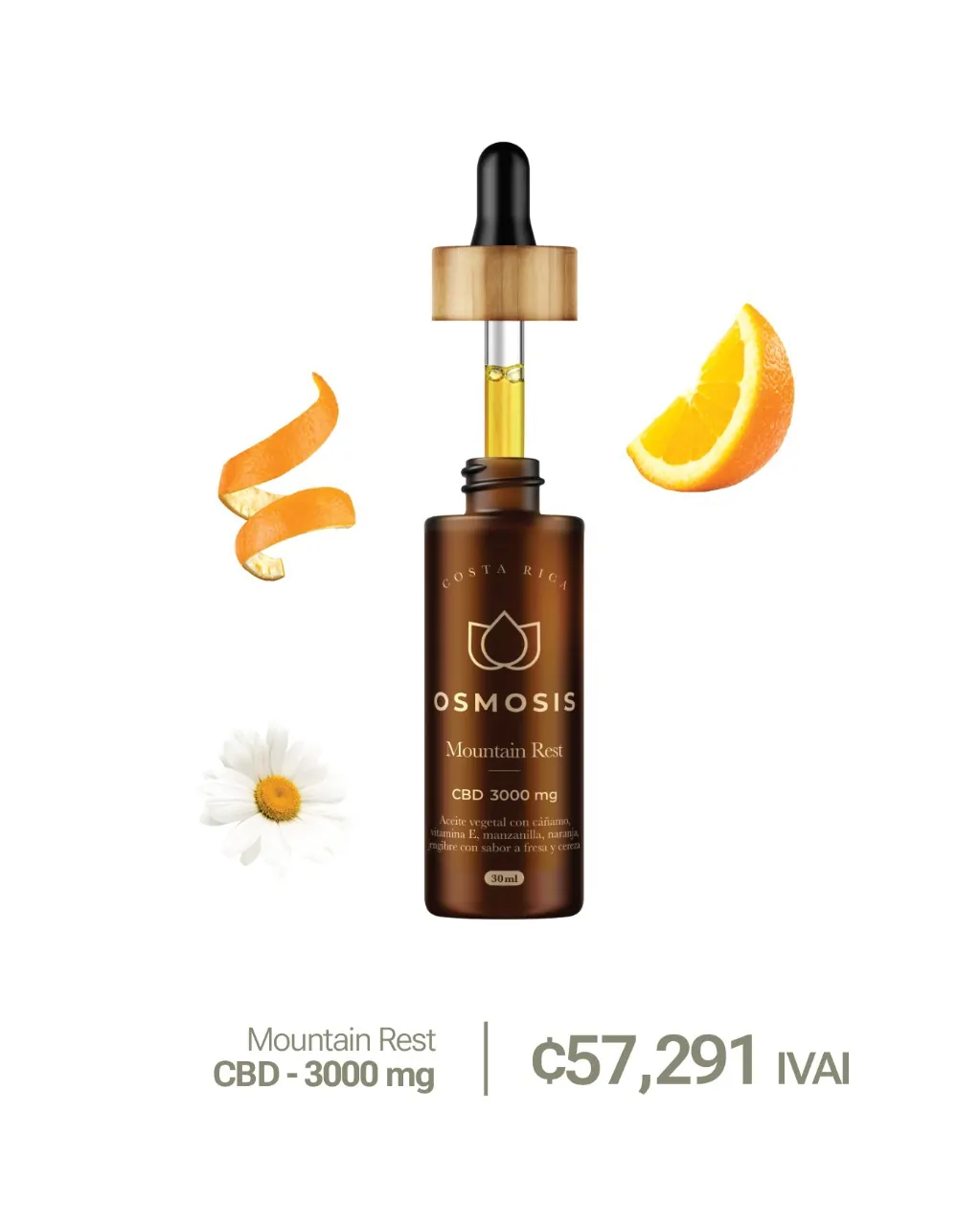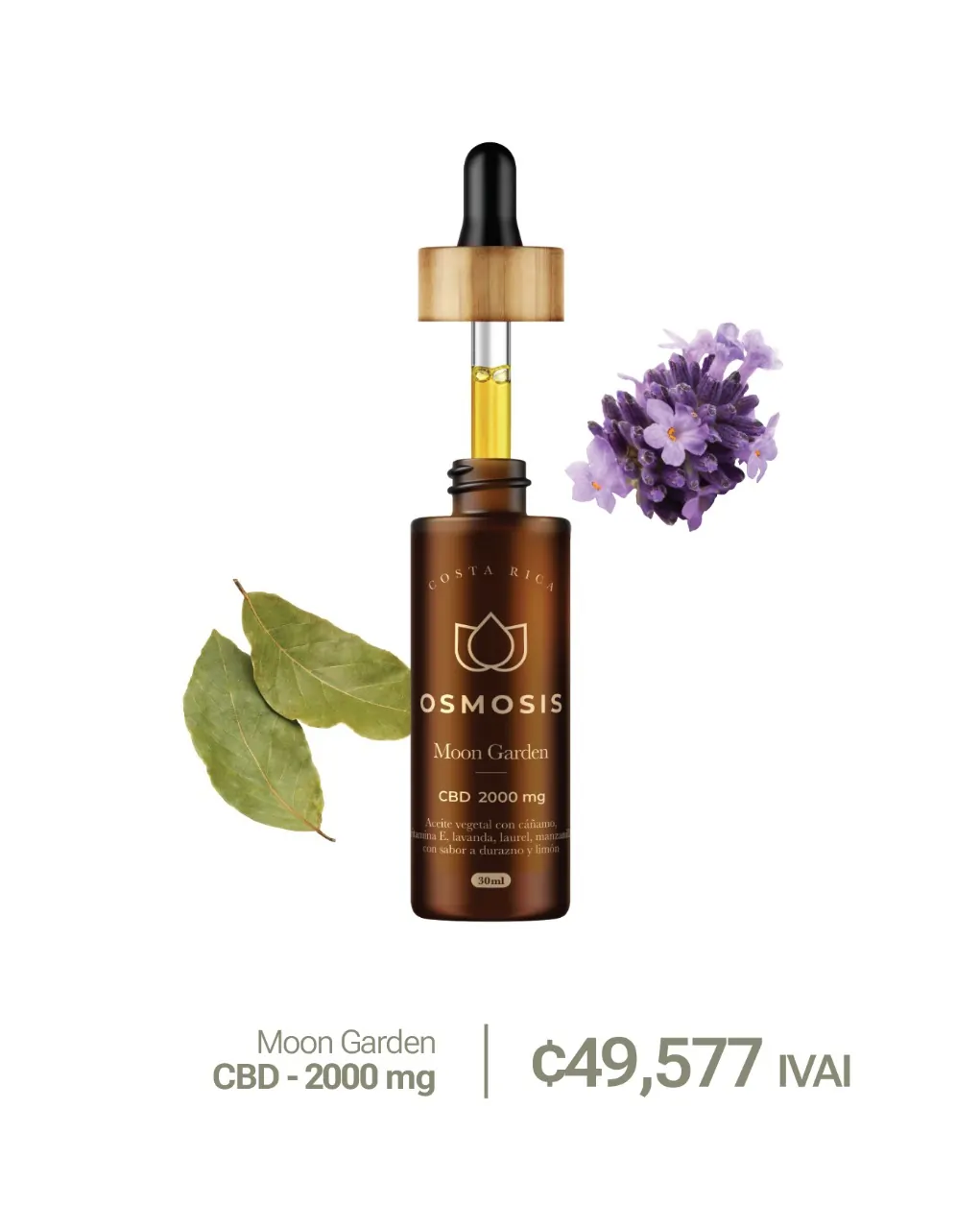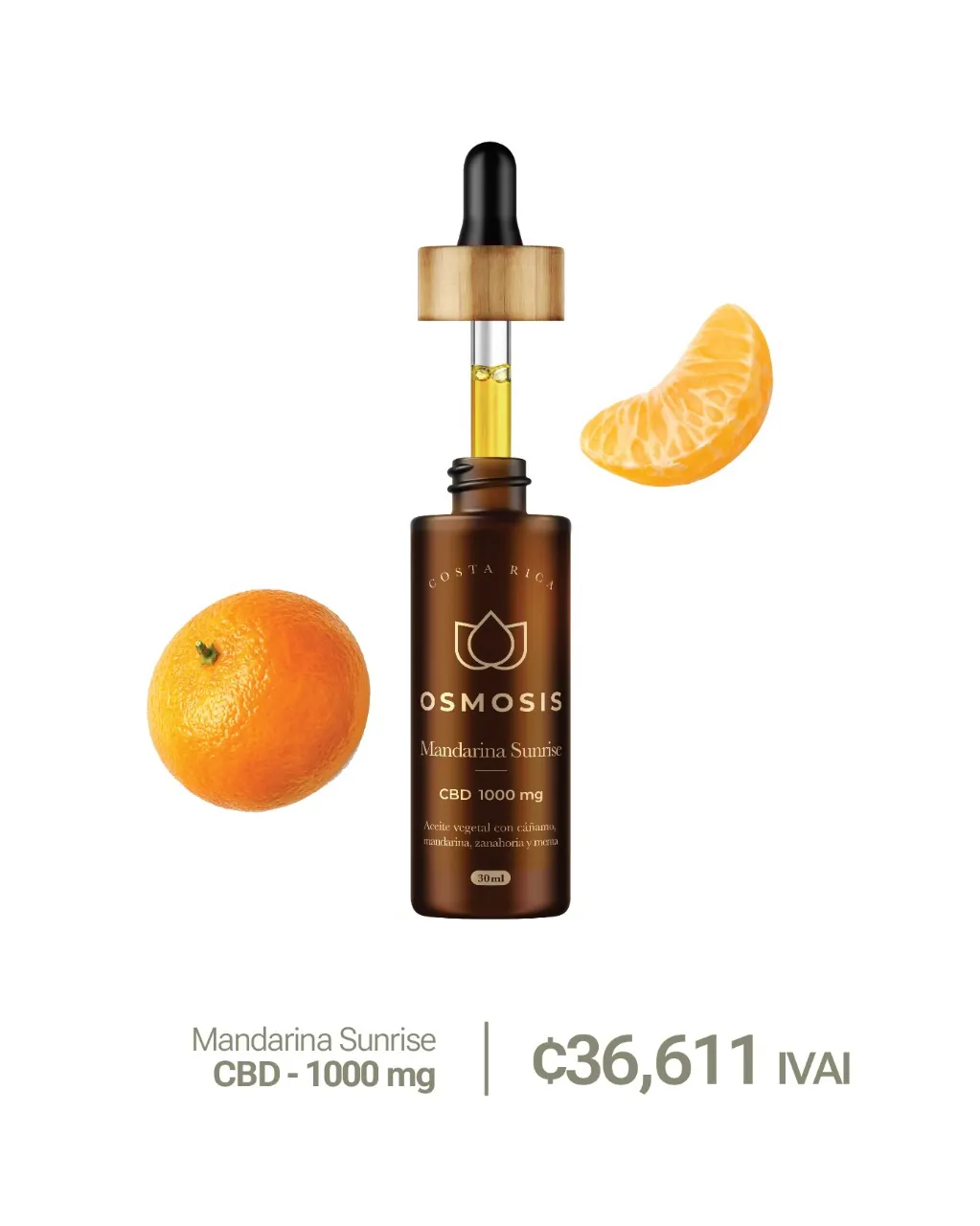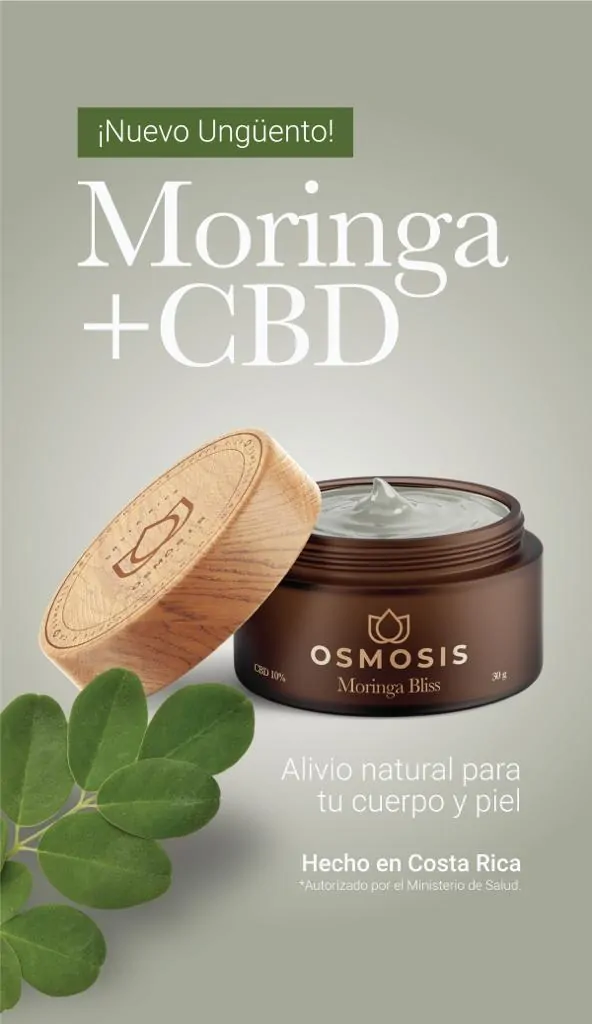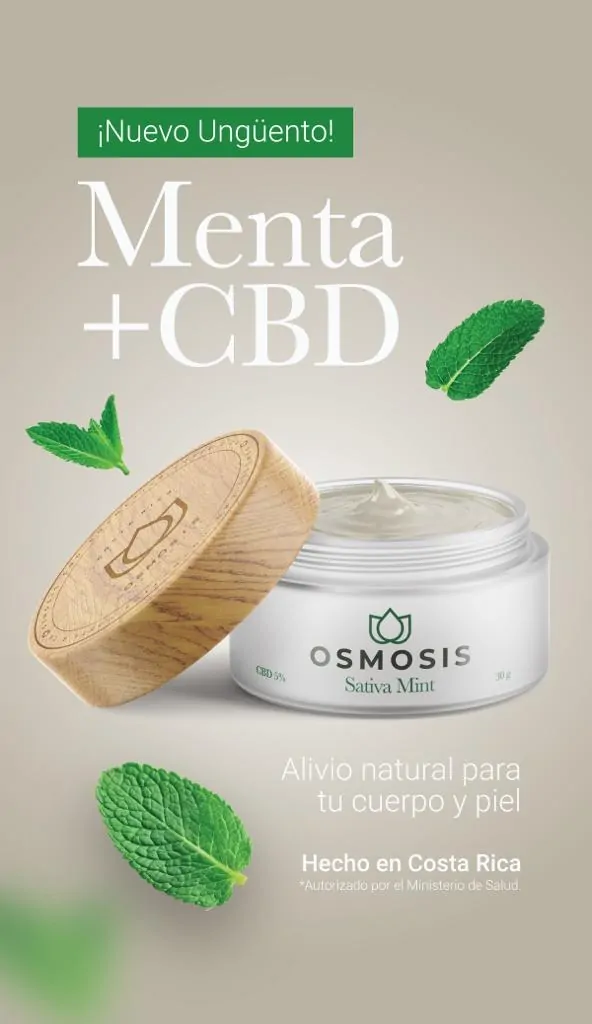A medical cannabis and industrial hemp law should protect and give rights to patients first. To those who lie in hospital beds, to those with cancer or epilepsy, or those with chronic pain or lack of appetite, they should be made a priority and not the opposite.
The congress and their political advisers have been working on legislation to regulate medical cannabis and hemp since 2014.
Two laws have been proposed. The first was written by the former deputy Marvin Atencio, of Partido Acción Ciudadana (PAC). More recently, deputy Zoila Volio, of Partido Integración Nacional (PIN), presented a new project called the Cannabis and Hemp Production Law for Medicinal Purposes (exp 21,315)
But is a bill necessary? We consulted various experts in the field to answer this question and these are some arguments against the current proposals:
1- High licensing costs
The newest bill presented to date proposes that the government requires companies to pay stifling, over inflated fees for operating in the industry. In Volio’s project it proposed the cheapest license at $20,000 and the most expensive at $150,000.
Meanwhile, the latest version of the Atencio project (9/10/16) established the ridiculous sum of $2 million. To get a broader idea, in the United States commercial licenses have remained between $5,000 and $20,000.
Where did those prices come from and what legitimizes these exorbitant amounts? So far, no deputy has presented a study or convincing case that supports these amounts. It does however, create a barrier for any small or mid-size company from entering the market.
2- Bills seeks to allow actions that are already allowed by law
In an advisory document obtained by MCN, the opinion of Guillermo Araya, the Director of the Institute on Drugs (ICD), is against creating another institute for this issue.
“The creation of a specific Institute (IIRCCA) is not relevant for the purposes described in this Bill, since for the study, research and control there are institutions with legal powers to do so, such as the Institute on Alcoholism and Drug Dependence (IAFA), the Ministry of Public Security, the Ministry of Health and Universities ”mentions the document of which MCN has a copy.
An inter-institutional coalition between the Ministry of Health, the I.C.D and the Ministry of Agriculture and Livestock (MAG) could generate regulations for controlled legal national production.
3- National Seed Office, the key institution for the registration of cannabis seeds
What type of genetics could be authorized for medicinal or industrial use? How could they be issued and under what conditions? These questions could be reviewed and answered by the National Seed Office, department within MAG.
Through regulations, this department could be responsible for the controlling of seeds for planting medical and industrial cannabis, as well as their different varieties.
This would offer a control of the types of genetics, cultivation oversight, storage, crop use and related issues.
4- Ministry of Health can register cannabis-based products
To distribute any type of product in the country, like any other type of medicine, they must comply with the current regulations of the Ministry of Health to be produced under high quality standards through authorized laboratories and for medical uses.
A commission created within the Ministry of Health concluded that permits could be issued to “legally authorized persons” who could carry out activities that are now prohibited by Psychotropic Law 8204, such as selling, distributing and growing.
5- Risk of Corruption
Last week, the Attorney General’s Office announced that sixteen international trips by former congress politicians were paid by third party private businesses and these said trips are being reviewed for allegedly breaking the law.
Among them, the trips of five politicians to Colorado, and one of Marvin Atencio (PAC) to Nevada during the time the law was being discussed. These investigations were exposed by MCN during 2016-2017 and have received attention from the media
The issue of high licensing prices has shown that it generates mechanisms for scams, speculations and private monopolies. Currently, Canadian transnationals in Colombia are an example.
In Costa Rica, MCN discovered a scam case for false licenses to an Israeli couple. This case is being investigated by authorities.
Photo: Urine Drug Test HQ

